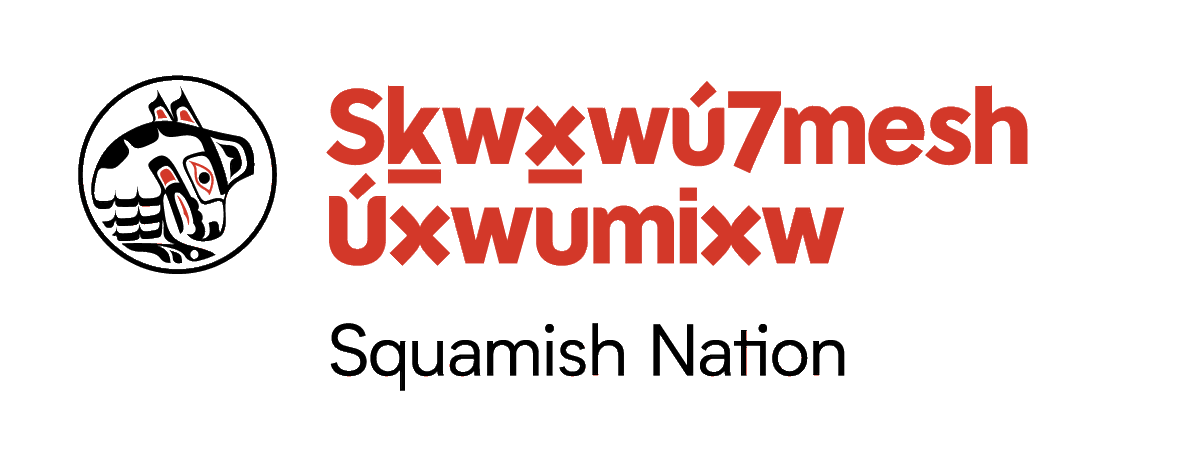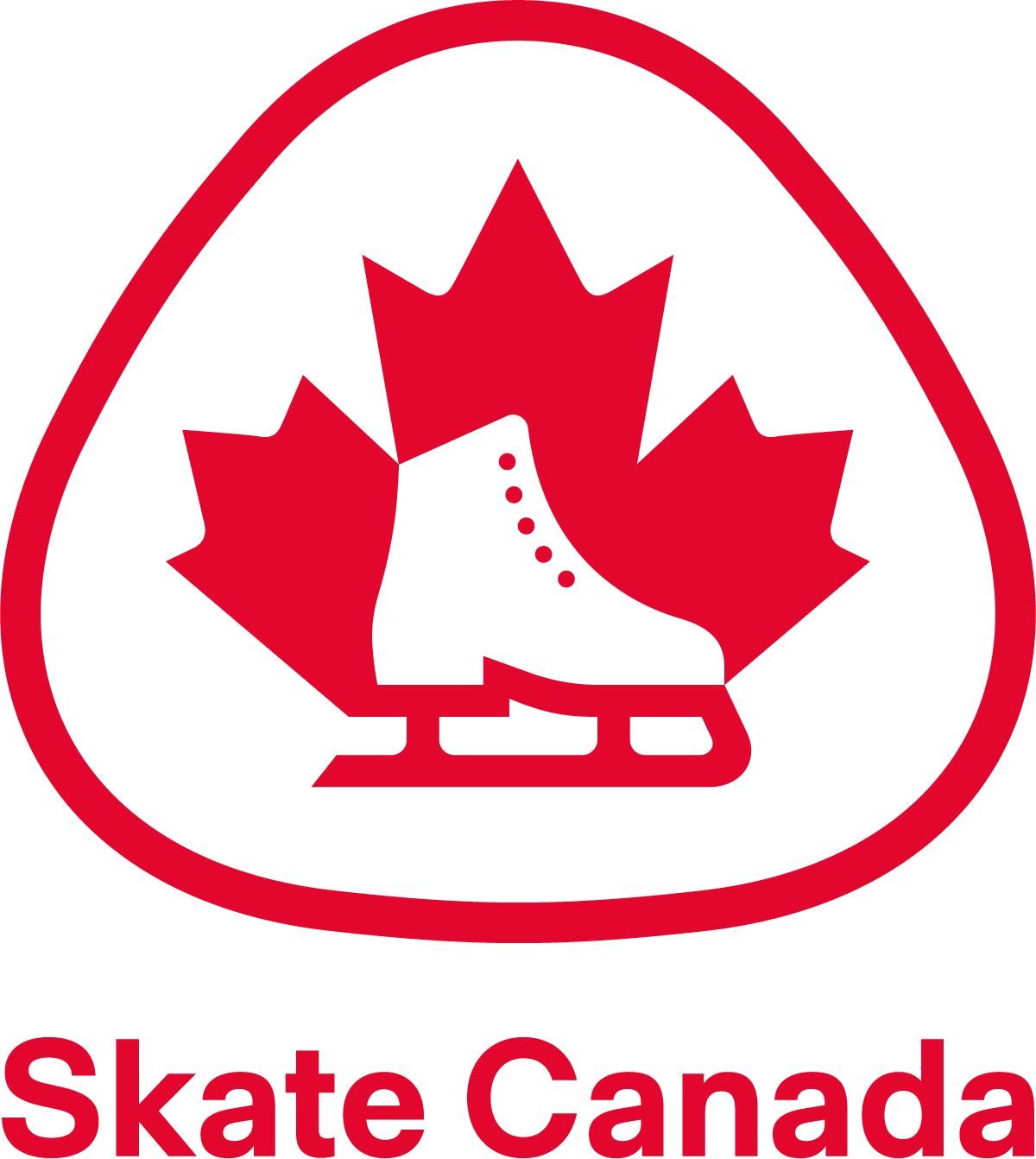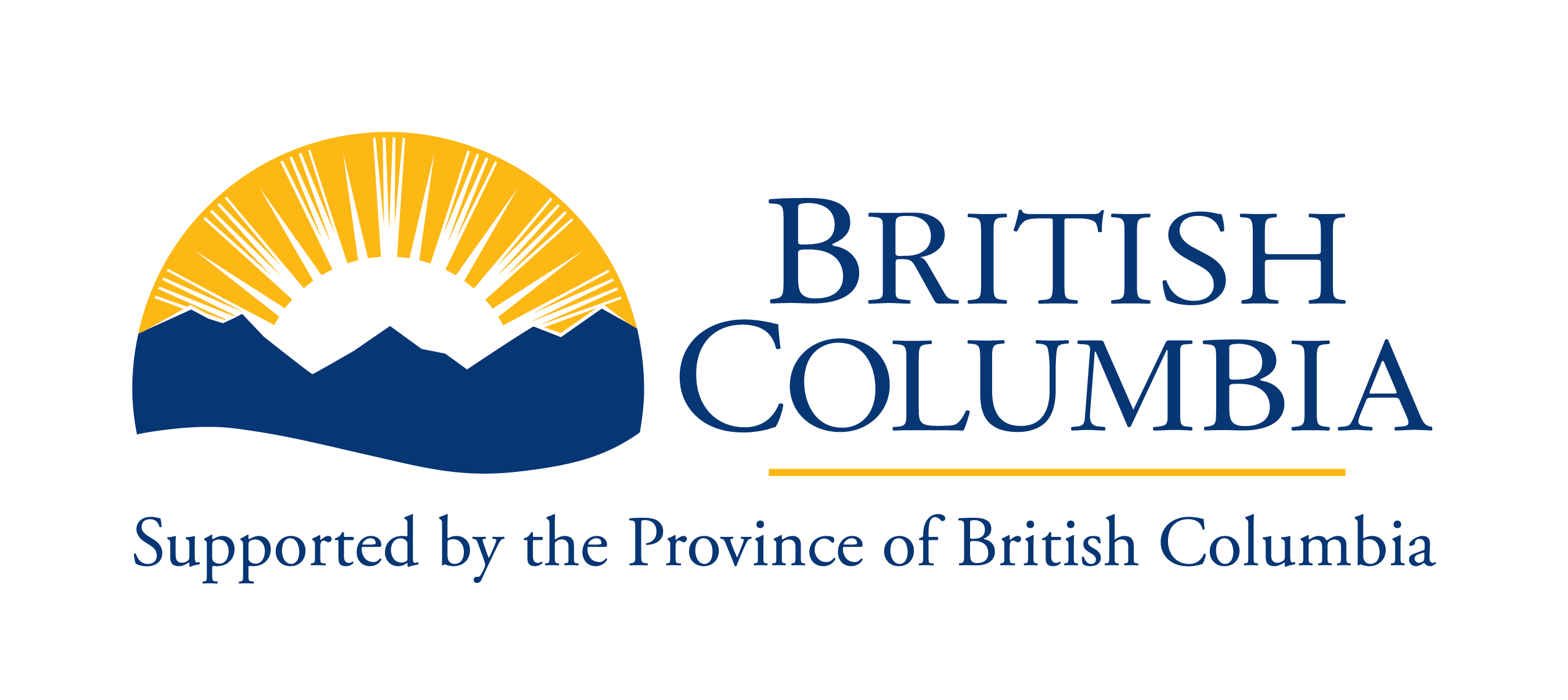LEARN TO SKATE
CANSKATE
(LEARN TO SKATE PROGRAM: STAGES 1-6)
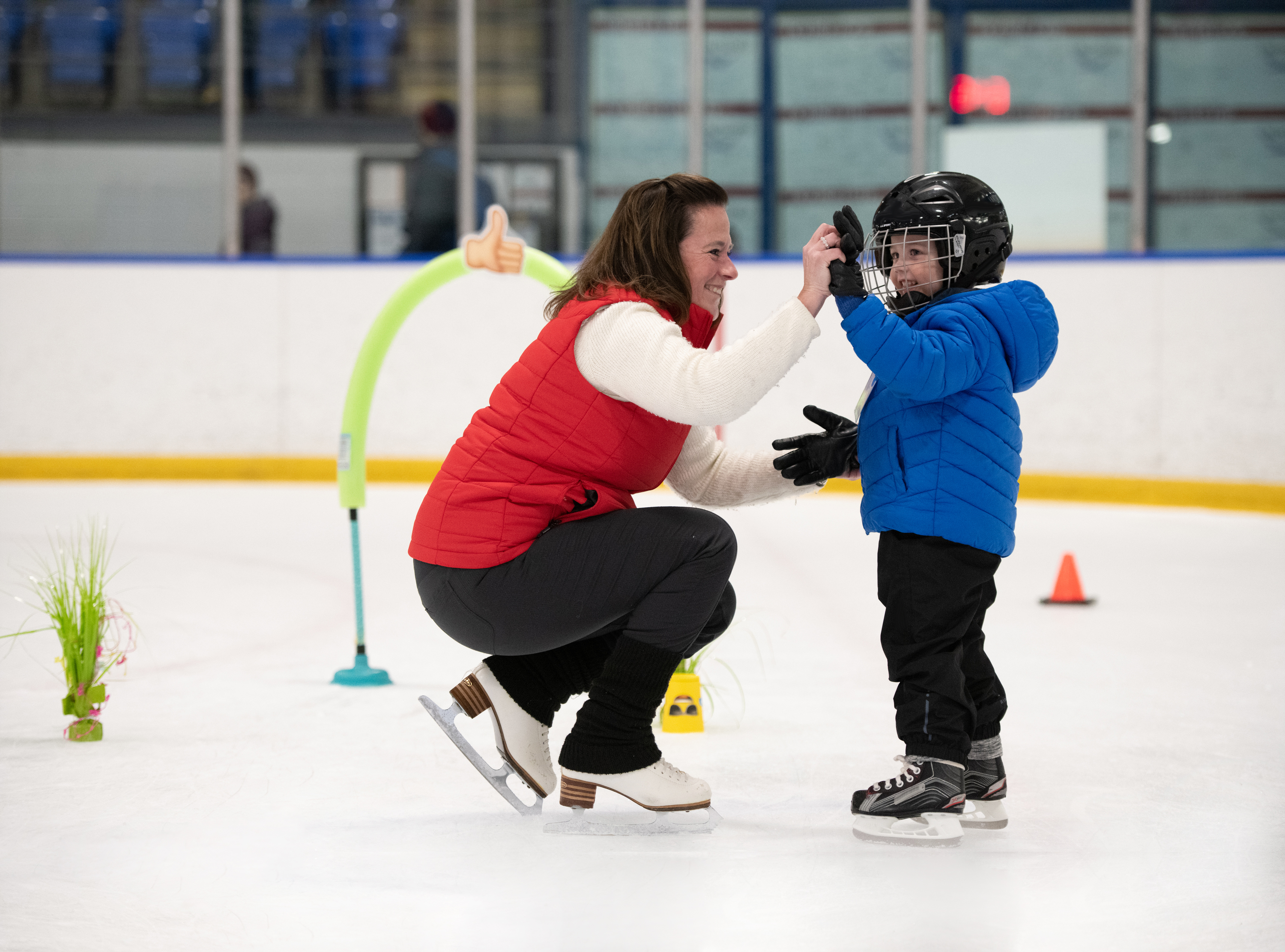
CanSkate is the Learn to Skate Program which all others are measured against.
CanSkate offers the best curriculum in Canada. Our flagship learn-to-skate program has taught millions of Canadians to reach their recreational and competitive goals on the ice.
The CanSkate program is geared to children aged 4-12. Whether you are looking to improve basic skating skills for figure skating, hockey, ringette or speed skating, or wish to skate for recreation, fitness or fun, CanSkate will get you there. Conducted in a fun, friendly environment, the CanSkate program showcases a comprehensive series of balance, control and agility skills, using a nationally-tested and proven curriculum that supports skater success in developing stronger basic skills on the ice.
Millions of Canadians, including World and Olympic figure skating champions and National Hockey League stars, have taken their first steps on the ice with the CanSkate program. Offered at clubs and skating schools across Canada and delivered by NCCP coaches, CanSkate will help you realize your skating goals.
Learn More
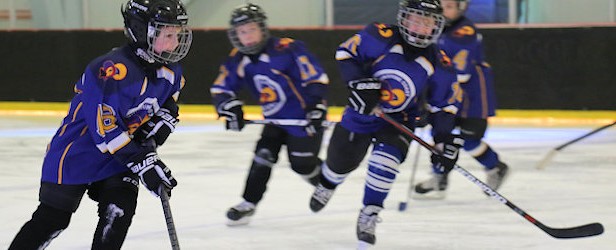
CanPower Skate is an action-packed, high-energy instructional power skating program geared to hockey and ringette skaters that focus on balance, power, agility, speed, and endurance.
Skills, techniques and conditioning drills are taught in a progressive format that emphasizes how the skills apply to game situations.
CanPower provides an alternative to figure skating and is an excellent complement for those athletes playing on hockey or ringette teams. Its unique skill award program provides incentives and motivation for skaters to continue to achieve.
JUNIOR ACADEMY
The Sunshine Coast Skating Club is excited to include the Junior Academy program. It is a bridging program to ease the transition between CanSkate and Skate Canada's STAR program.
Junior Academy is for skaters who have completed CanSkate Stage 5 and/or 6. While taught in the group format for the majority of the time skaters are now given the opportunity to book onto a STAR session to work on skills independently and are encouraged to obtain private or semi-private lessons from one of our available coaches. Special ice times are available for skaters to take private lessons, ‘open’ sessions (in the mornings) and Jr. Academy/STAR combined sessions. Skaters should be skating two sessions per week along with a third session for optimal skill progression.
Parents need to become aware of budgeting and other related costs involved beyond the CanSkate level. Costs can include Club ice fees, coaching fees, test fees, competition entry fees and expenses, choreography, skates and off-ice fees.
Moving from Junior Academy to the STAR program, skaters must be able to do a waltz jump, salchow, toe loop jump, loop jump, forward 1-foot spin, backward 1-foot spin and a spiral.
This prepares them for half of the elements for the Preliminary Freeskate test.
STAR
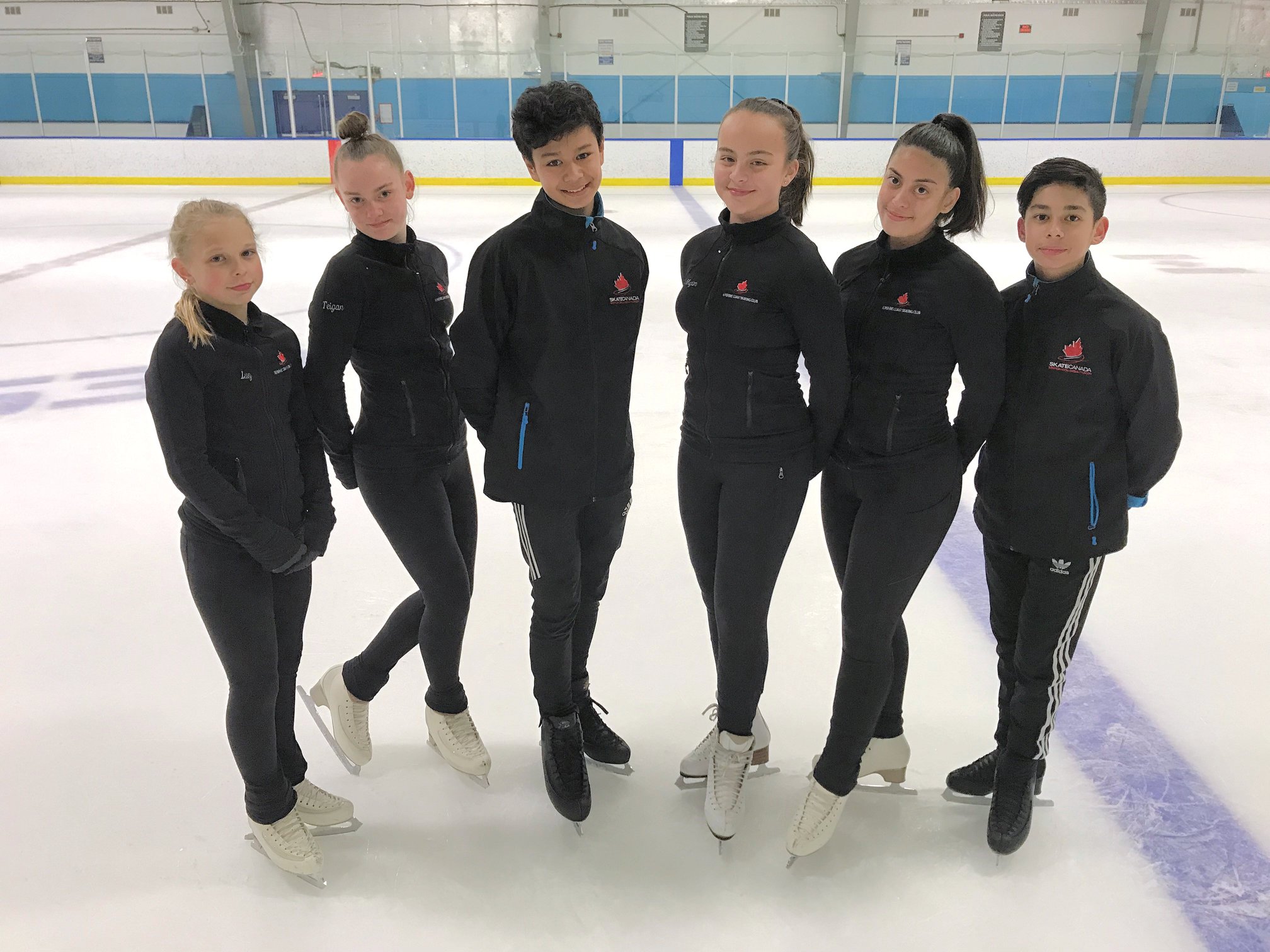
STAR offers opportunities for skaters of all ages to develop fundamental figure skating skills in the areas of ice dance, skating skills, free skate and interpretive skating. Unique in Canada, this program teaches figure skating skills in a group and/or private lesson format in a progressive and sequential manner and includes specifically designed awards and incentives. Skaters have the opportunity to take Skate Canada Tests through a nationally standardized testing system. Skaters who have mastered figure skating skills in STAR may also choose to pursue synchronized skating or pairs skating.
The STAR Legacy
STAR has been the mainstay of figure skating in Canada for more than four decades.
When you/your child registers for a STAR program at your local Skate Canada club, you also become a member of Skate Canada and will have access to:
-
opportunities to be recognized through a nationally standardized testing system for achieving specific figure skating skills
-
complimentary Gold Test pins
-
invitational and interclub competitions, including the STAR championship stream
-
specifically designed awards and incentives such as badges, tattoos, and stickers
-
STAR Skater of the Year awards program
-
Progress updates and report cards
-
Special STAR events and club functions
-
Opportunity to be talent-scouted
-
Opportunity for personal growth and the development of important life skills such as goal-setting, self-discipline, confidence, time management, healthy lifestyle and coping strategies to deal with success and failure.
These are some of the awards and incentives that have been developed to encourage athletes in the STAR Program.


